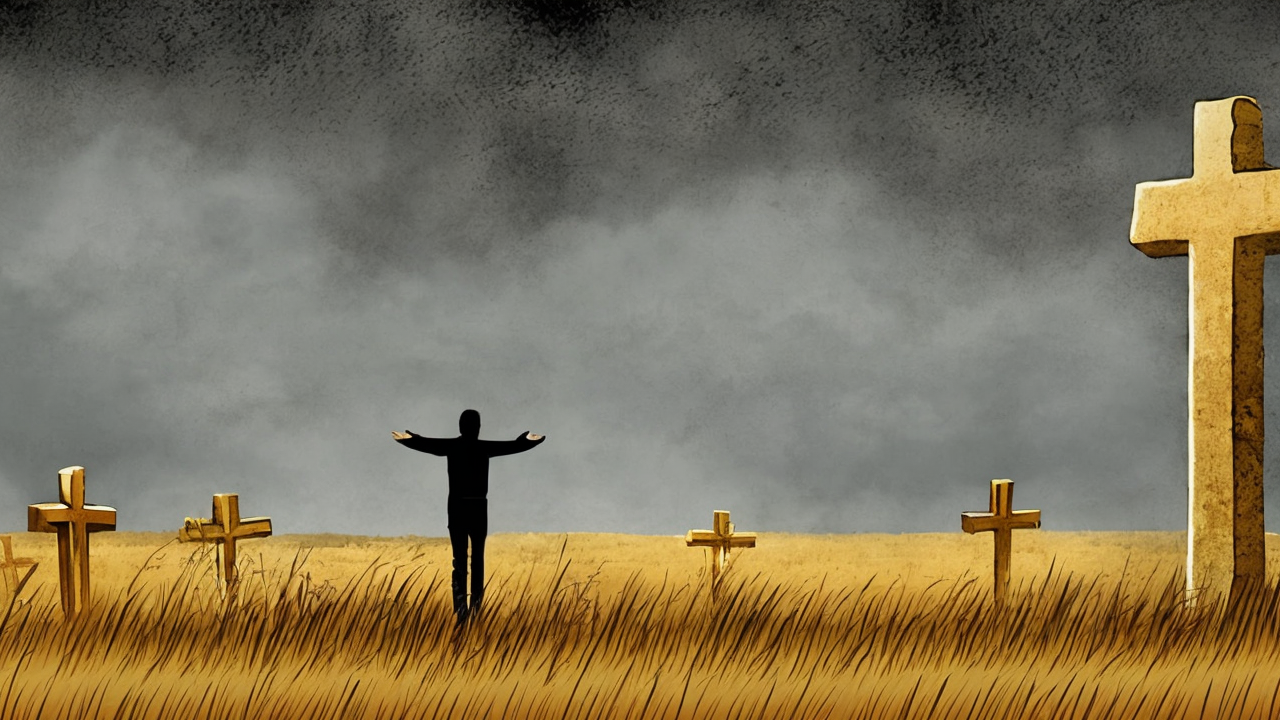Supreme Court Decision Highlights Cultural Decline in America

The Supreme Court’s recent decision not to reconsider Obergefell v. Hodges carries more weight than a simple procedural outcome. It reflects a broader moment in American history—one where long-standing social institutions have been redefined not through public debate, but through judicial interpretation. Though the court remains composed of a conservative majority, its silence on this matter speaks volumes. It suggests a hesitancy to challenge a legal precedent that has reshaped one of society’s most enduring traditions: marriage.
For centuries, across cultures and civilizations, marriage was understood as the union of one man and one woman. This was not a matter of political preference but of biological reality and social necessity. Children thrive best in homes where both a mother and father are present. Families built on this foundation have historically provided stability, moral guidance, and a sense of belonging. These patterns were not invented by any one era—they were observed, preserved, and passed down through generations.
The shift began not with public consensus, but with ideological ambition. Early voices within the LGBTQ+ movement were explicit in their critique of the traditional family. Figures such as John Singer, Paul Barwick, Dennis Altman, and Steve Warren openly questioned the value of marriage as an institution and sought to dismantle the nuclear family. Their goal was not merely inclusion—it was transformation. They believed that the family, as it had existed for millennia, was a tool of oppression, and that a new social order was necessary.
That vision has now become law. Same-sex marriage is not only legal—it is widely celebrated. But legal recognition does not equate to cultural health. When institutions are redefined without regard for their original purpose, the consequences ripple through society. Rates of fatherlessness have climbed. Children are growing up in homes without consistent male role models. The very idea of shared responsibility within marriage has weakened, replaced in some cases by a focus on individual fulfillment.
This is not to dismiss the dignity of any person or to deny the importance of compassion. Every individual deserves respect and care. But respect does not require the erasure of truth. The truth is that human beings are naturally ordered toward certain realities—male and female, parent and child, community and covenant. These realities are not inventions of the state. They are part of the human condition.
We must also recognize that progress is not always forward. Some changes, though framed as advances, have led to unintended consequences. The normalization of same-sex marriage has not brought about greater happiness for all. It has not eliminated loneliness. It has not restored the stability that once defined American families. In fact, the decline in marriage rates, especially among younger generations, suggests a deeper unease with the institution as it now stands.
There is value in remembering. In honoring the past. In teaching children that love, commitment, and family are not simply personal preferences, but responsibilities grounded in nature and reason. These are not outdated ideas—they are enduring principles.
The future of our nation does not depend on endless conflict over cultural identity. It depends on a return to shared values—truth, duty, sacrifice, and love that is not self-centered, but other-oriented. It depends on rebuilding trust in institutions that have served generations well.
Marriage is not just a contract. It is a covenant. It is a foundation. When we weaken that foundation, we do not create freedom—we create fragility. And in that fragility, we lose not just tradition, but the common purpose that binds a people together. It is time to reclaim what we have forgotten.
Published: 11/15/2025








